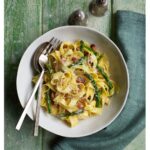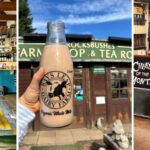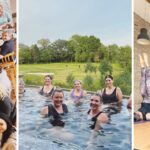- Feel Good
- 3rd Mar 2021
- 1.2k Views
- 0
- 1 minutes
The reality of life with an eating disorder

This Eating Disorder Awareness Week, we spoke to Gabrielle Humphreys, a 24-year-old PhD student at the University of Liverpool, who has turned her own experiences with eating disorders into a research-led career










Comments